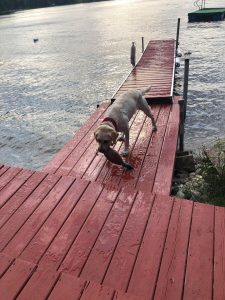
Hollie is a perfect fit for professional angler, Dennis Blankenship.
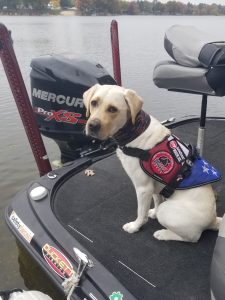
Hollie’s favorite place to be in the world.
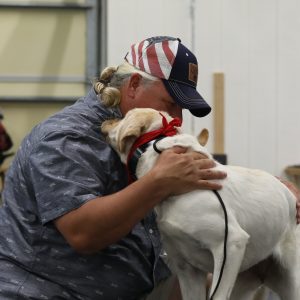
Dennis and Hollie meeting during the Trauma Resilience Program. You can see the love here in this photo.
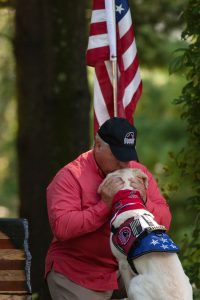
This Able Veteran’s pairing ceremony with Dennis and Hollie.
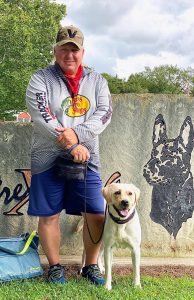
Lifelong partners.
Dennis Blankenship completed the Trauma Resiliency Program at This Able Veteran in the fall of 2020. At the end of the program, he was paired with his service dog, Hollie, and he says it has been an amazing adventure ever since. He and Hollie live in Irons, Michigan where Blankenship is a professional angler. Both he and Hollie share a love of fishing.
Blankenship served in the military for nine years. He served in the military police for his first two deployments and as a forward observer for field artillery in his third deployment.
“I enlisted September 1, 1987, and I was 17 years old. I returned to civilian life on September 14, 1996. My first deployment was in Central America to Panama. My second deployment I returned to Central America in Honduras, El Salvador and Nicaragua. The year after that, I went to Desert Shield and Desert Storm. Following his 3rd deployment, he attended the Army Airborne School, Ranger Orientation Program and the Pre-Ranger course. So, I guess you could say I was busy,” said Blankenship.
Blankenship shares that it was trying for him for years after his service.
“I really avoided communicating with people and I isolated a lot. When I heard about This Able Veteran, I wasn’t sure if I should apply. I mean, it was out of my comfort zone to travel from Michigan to Carbondale, Illinois for three weeks to meet and live with people I didn’t know. I was extremely anxious and nervous,” he said.
The first positive turning point was when This Able Veteran assigned him a mentor.
“My mentor was Steve Medders who is a Vietnam veteran, and he would talk to me on the phone, and he painted a picture for me of what it would be like to attend. He shared his experience of going through the program and he settled me down a lot. I remember Steve was available 24/7 and he always let me call him anytime. He was extremely helpful and always told me that TAV was a safe, non-judgmental environment. Due to the pandemic, we did pre-course sessions over Zoom and that allowed me to put a face to a name, rather than going into a new environment knowing no one,” said Blankenship.
Blankenship encourages other veterans suffering from PTSD to apply to This Able Veteran’s Trauma Resiliency Program.
“It is a life-changing program. The tools, friendships, camaraderie and esprit decor that you gain and the lessons you learn made it a win-win situation for me and for my family.
He shared that there were so many helpful tools taught in the classroom that he was oblivious to prior to attending.
“Before TRP, I had never considered the concept of living in the moment. I remained focused on the past and the future. Living in the moment and being impeccable with my word, works wonderous for me. Another aspect of the program that I hated at first was the morning walk. I didn’t enjoy it, but I kept at it and by the end of the class, that was one of the most valuable tools that I learned there,” said Blankenship.
He said that before TAV, he hadn’t been to a grocery store in ten years. Now, with Hollie at his side, he says he enjoys going shopping. He credits TAV for expanding his life and family relationships.
Blankenship says Hollie has enriched his life, especially because she shares his passion for fishing and that she is totally committed to the mission.
“When I participate in fishing tournaments, Hollie is my partner. She is on the boat and stays with me all day. She is a lover. And she loves the water. I’ll often toss a pheasant decoy off the dock so she can run and dive into the water. She lives for that,” said Blankenship.
If you would like to learn more about This Able Veteran and its mission, please visit thisableveteran.org. To learn how you can support This Able Veteran, visit https://thisableveteran.org/how-you-can-help/donate-now/
#veterans #nonprofit #veteranlove #servicedogs #donate #thisableveteran #ptsd
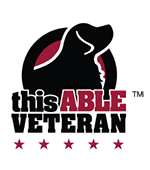
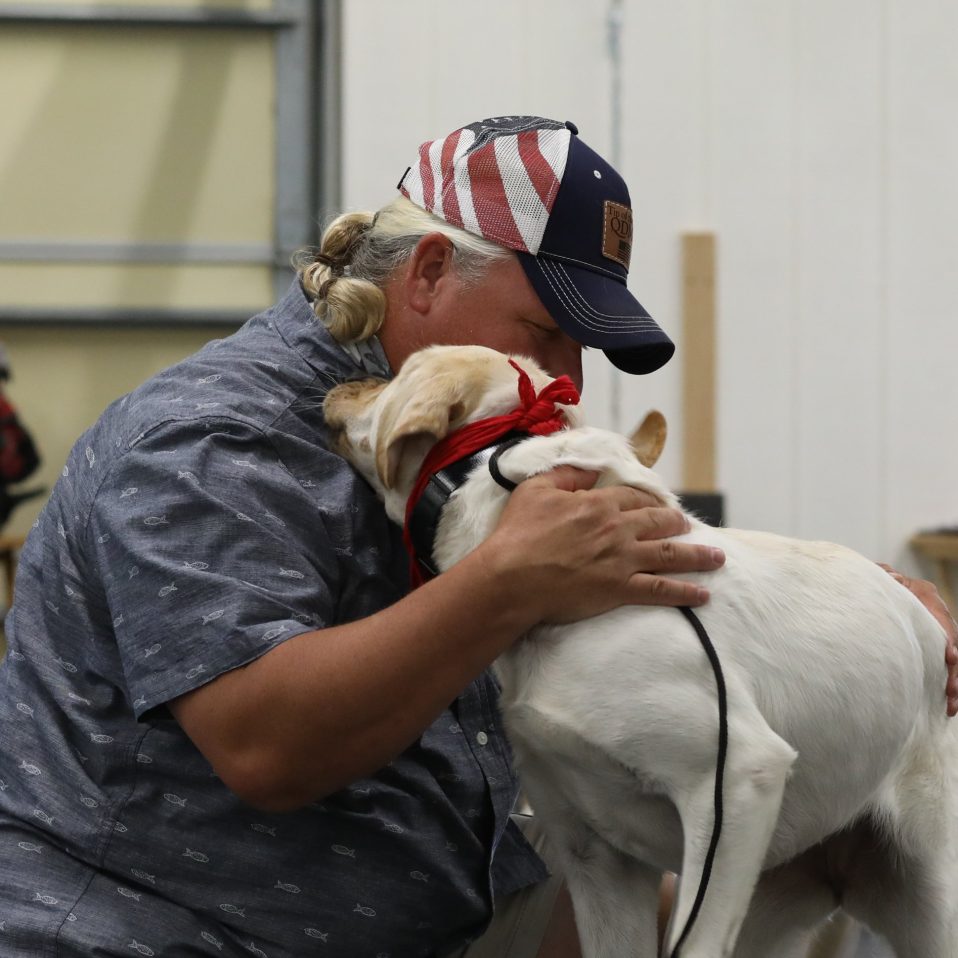
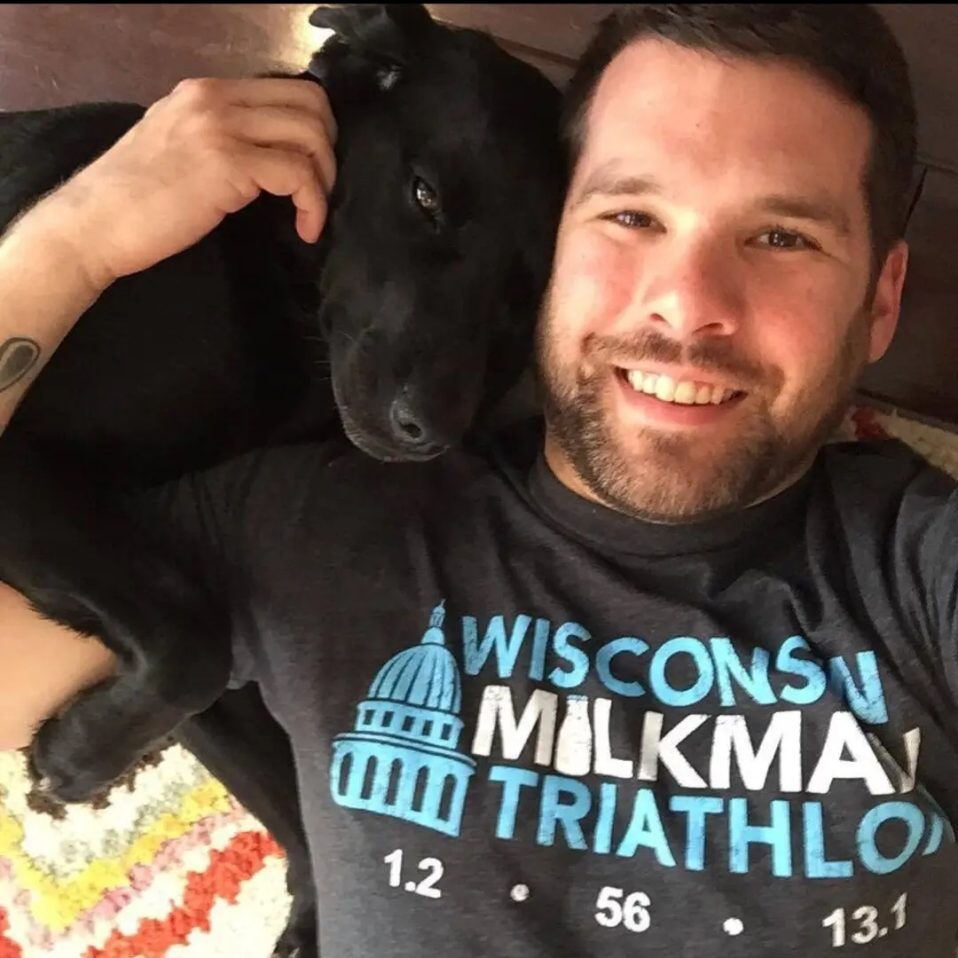
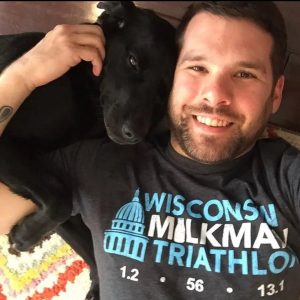
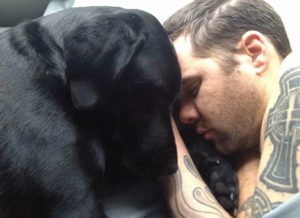
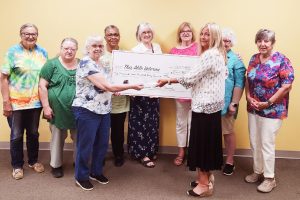
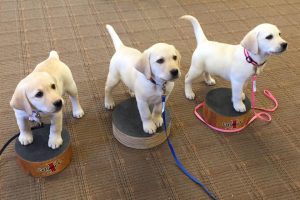
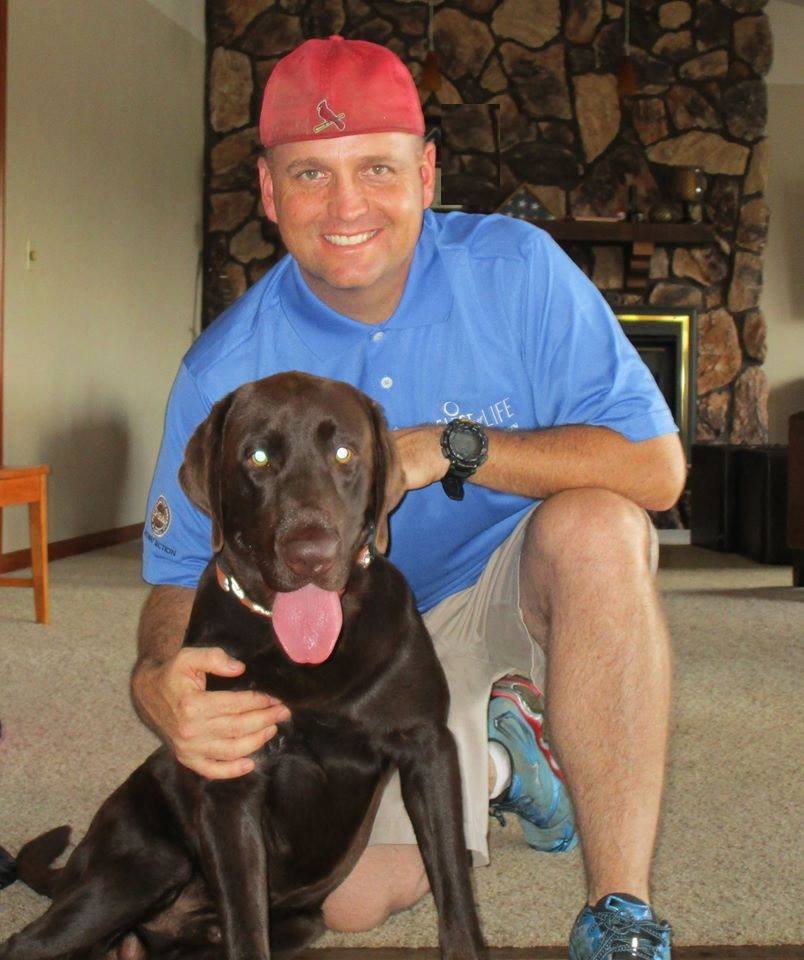
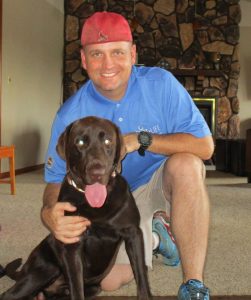

Recent Comments